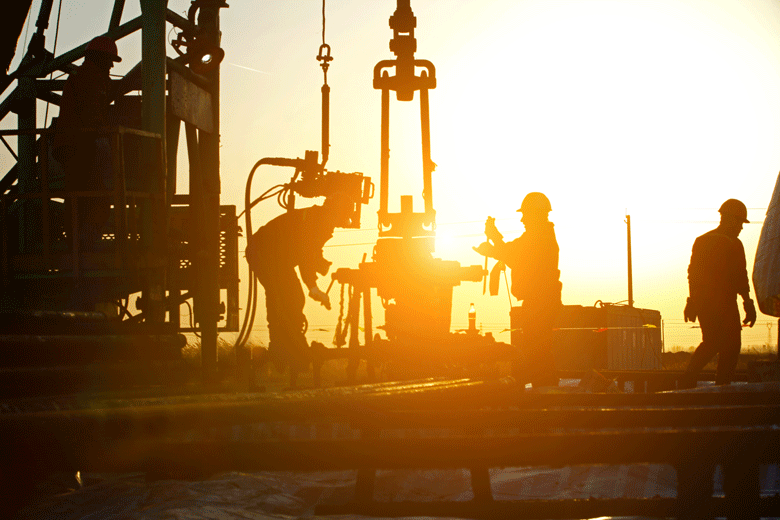

10 years are starting operations at the Khor Mor gas field in Iraqi Kurdistan, the Pearl Petroleum consortium, has boosted gas production by more than 30 per cent, after concluding a major debottlenecking project at its facilities.
The debottlenecking of Khor Mor’s two 150 million cf/d gas processing plants will raise gas production capacity to 400 million cubic feet a day (cf/d), one of Pearl’s key shareholders said in a statement.
The plants, which began operating in 2008, supplies natural gas from the Khor Mor field by pipeline to power plants in the towns of Chemchemal and Erbil, and will soon supply a new plant in Bazian, Dana Gas said.
The 95 million cf/d increase is slightly higher than the 85 million cf/d, the consortium had initially hoped for. Condensate production has also been boosted to around 20,000 barrels a day (b/d), up from around 12,000 b/d currently.
Under a gas sales agreement signed in January 2018 with the Kurdistan Regional Government’s (KRG), Pearl will sell the additional quantities of gas to supply the power stations.
Led by Sharjah-based Dana Gas and Crescent Petroleum, Pearl is developing the Khor Mor and Chemchemal gas fields, which hold an estimated total of more than 15 trillion cubic feet of gas and 310 million barrels of condensate reserves.
MEED reported in September that Canada’s Hatch was awarded a contract for the front-end engineering and design (feed) of the next stage of new gas facilities at Khor Mor, as Pearl seeks to expand production to 900 million cf/d in the next three years, together with associated liquids. Crescent Petroleum chief executive Majid Jafar said the another $600m was expected to be invested in the expansion.
These plans include a multi-well drilling programme now underway in both the Khor Mor & Chemchemal fields, as well as the installation of additional gas processing and liquids extraction facilities.
The new feed contract with Hatch covers the first phase of a planned expansion at Chemchemal, covering the first of two new 250 million cf/d gas processing trains, which will be brought onstream in 2020 and 2021.
The expansion of production from Khor Mor and development of Chemchemal has long been delayed by a contractual dispute between Pearl and the KRG. This was finally settled in August 2017, when the KRG agreed to pay Pearl $1bn. These funds will go a long way to helping Pearl pursue its long-held ambitions of exporting gas from Iraqi Kurdistan through Turkey, and potentially to Europe.
Pearl’s shareholders are Sharjah-based Dana Gas and Crescent Petroleum, along with three major European energy companies: OMV of Austria, MOL of Hungary and Germany’s RWE.
Output from the first of the new gas processing trains is also expected to be used by the KRG, and Pearl is in talks to finalise the gas sales agreement. But since the KRG will be unable to absorb any additional volumes, gas from the second train would have to be exported, the sources said.
The consortium has two options for these gas exports, they added. One relies on the development of a new gas export pipeline to Turkey by Russia’s Rosneft; in the second, Pearl can push ahead to build its own pipeline.
The KRG and Rosneft signed deals last September to develop a major 30 billion cubic feet a year gas pipeline by 2020, although this time frame looks increasingly unrealistic.
You might also like...

Hassan Allam and Siemens confirm Hafeet Rail award
24 April 2024

UAE builds its downstream and chemical sectors
24 April 2024

Acwa Power eyes selective asset sales
24 April 2024

Bahrain mall to install solar carport
24 April 2024
A MEED Subscription...
Subscribe or upgrade your current MEED.com package to support your strategic planning with the MENA region’s best source of business information. Proceed to our online shop below to find out more about the features in each package.





